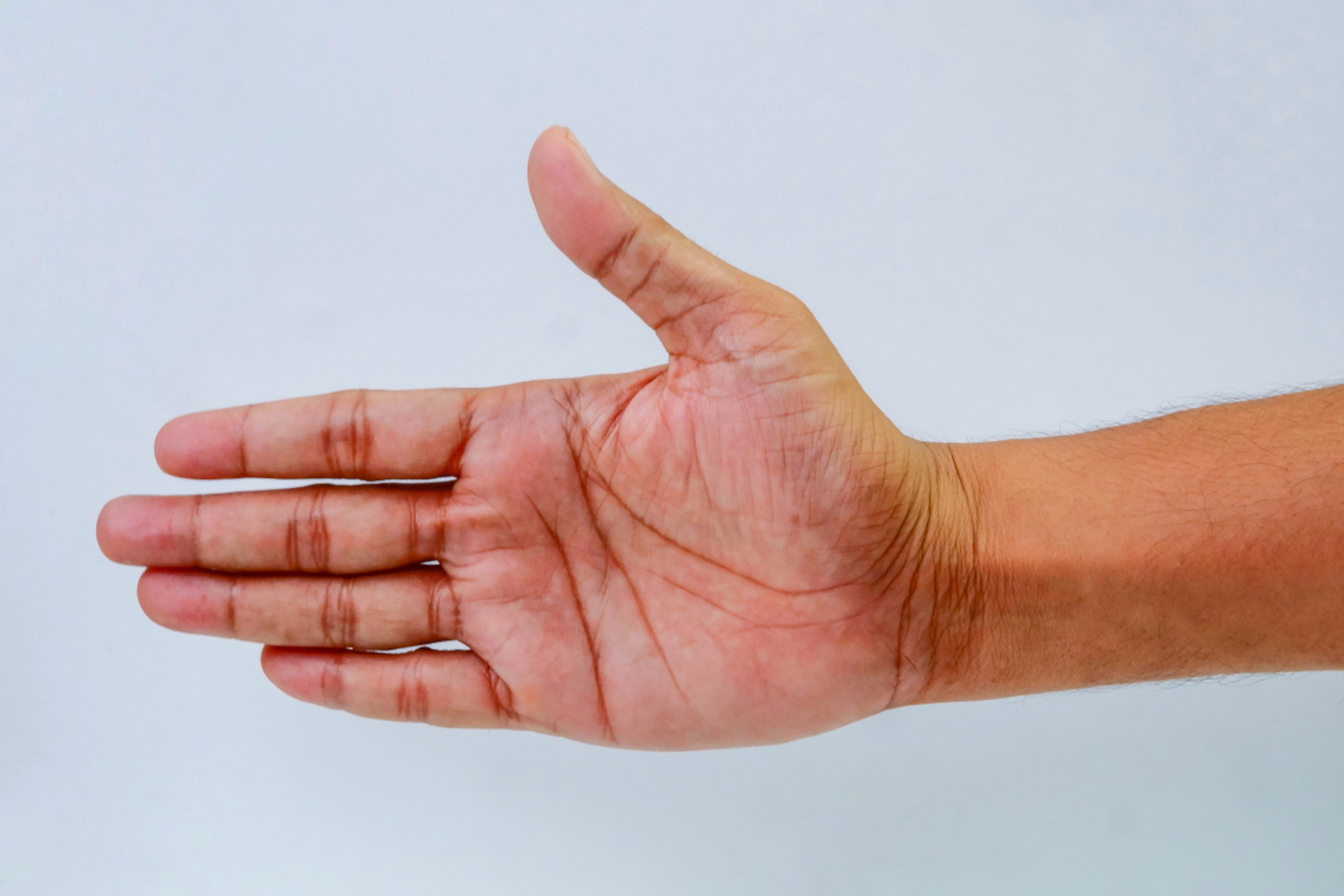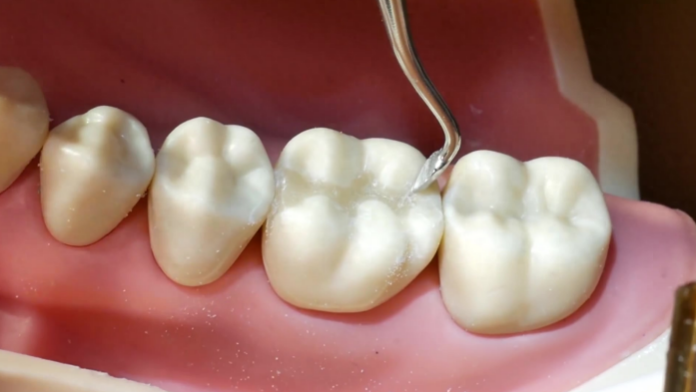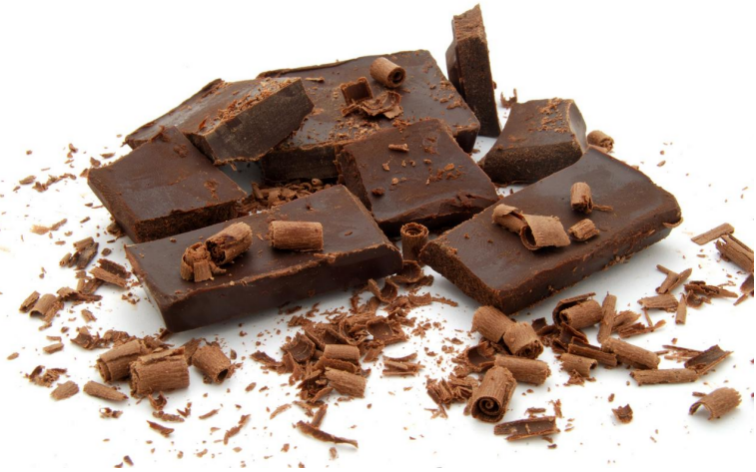Everyone has some memories they would rather not recall. Perhaps it's an embarrassing social situation, or a traumatic experience that is hard to let go of These memories can feel like stubborn stains that, no matter how hard you try, seem impossible to completely remove. But what if I told you that one day, we might be able to "erase" these unpleasant memories with an "eraser"? Would you be excited? A recent study suggests that bad memories might be weakened or even." erased." People who have struggled with sad memories may find new hope in their Lives.
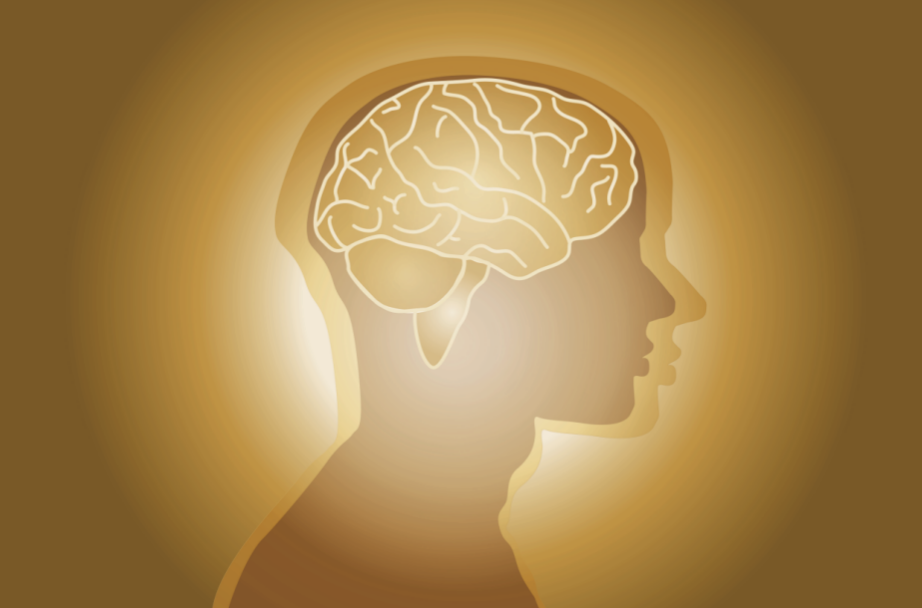
In this study, scientists acted like "memory magicians," attempting to uncover the mysteries of how memories are formed and modified. They recruited many volunteers and designed a "memory game" for each of them. The experiment began with researchers pairing randomly created words with unpleasant images, such as injured people or dangerous animals. These negative images were so impactful that they left deep, vivid impressions in the participants' minds, like a mark burned into their memories. The volunteers then entered a crucial phase: sleep. Scientists believe that sleep is the base camp for memories, where all experiences are classified and organized. Their goal was to use this time to change those unpleasant memories.
The next day, the researchers cleverly "repackaged" the previous negative memories. They paired the words associated with negative images with positive pictures, such as smiling faces, landscapes, or pleasant scenes. Through this method, they tried to "cover" the negative emotions in the old memory. But that wasn't enough. On the second night, when the volunteers entered the rapid eye movement (REM) sleep phase, researchers played recordings of those keywords.
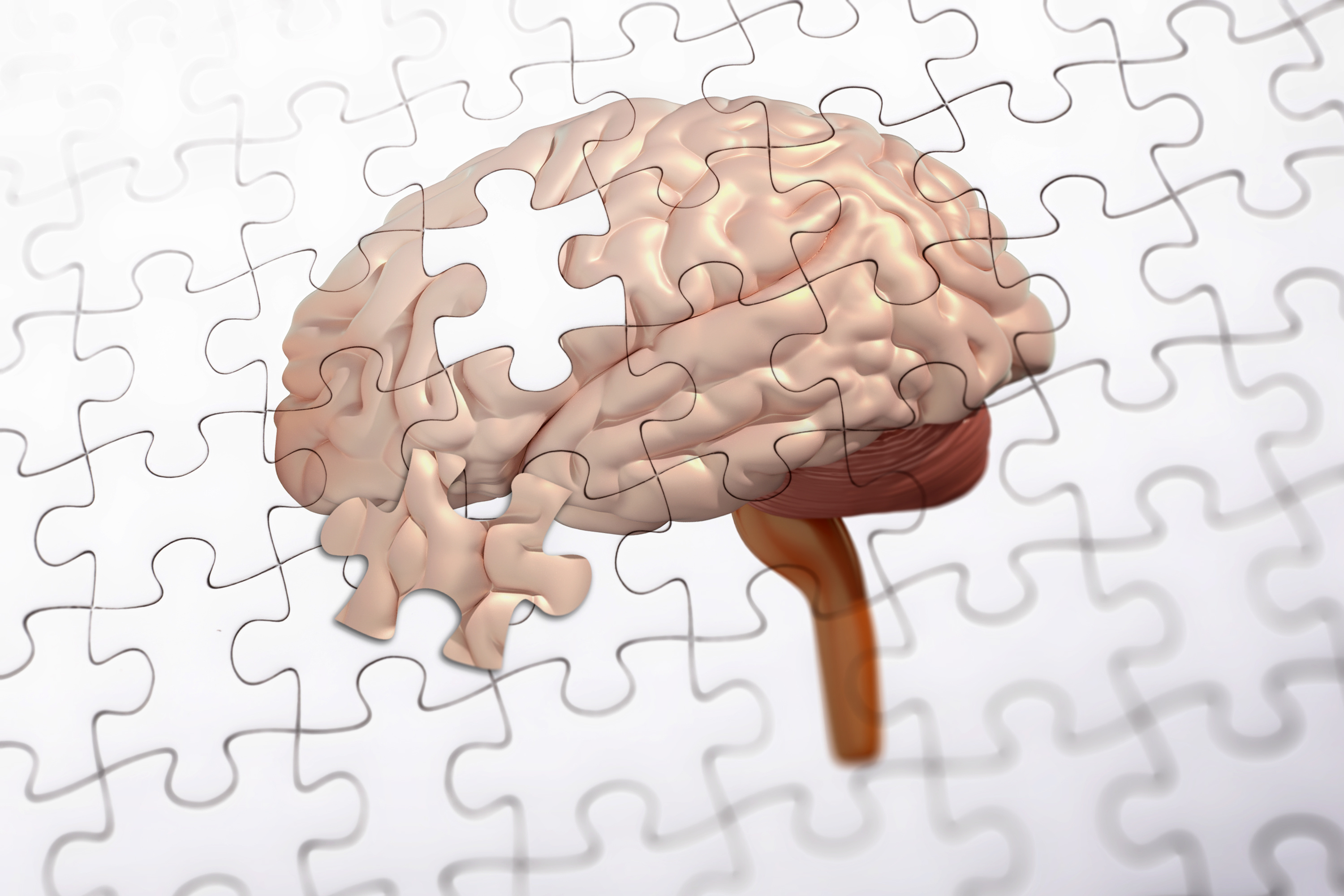
This approach was like quietly planting a seed in the brain, allowing the newly formed positive memories to take root in the subconscious. The results were surprising. After the experiment ended, the volunteers found that the memories that had once been linked to negative emotions seemed to have become blurry. Instead, they were more likely to recall content related to the positive images. It was like using a warm rainbow filter to cover the originally dull memory. Many participants were astonished by the outcome, but scientists admitted that this method is not yet applicable to real life. The memories in the experiment were artificially designed. Unlike actual traumatic memories, which are much deeper and more complex. Real painful memories are deeply rooted, tangled with complex emotions and experiences, and simply "re-pairing" them might not have much of an effect. After all, real-ate memories are much more complicated than those set in an experiment. Every memory is like a unique painting, filled with details and emotions, things that are difficult to fully replicate in an experimental setting.
More importantly, does this "eraser" method of weakening memories raise ethical concerns? If you were eager to erase those bad memories, have you considered that you might not be the person you are now without them? If we could selectively delete memories, we might not grow stronger from painful experiences. Would it change someone's personality, and cognition, or even affect their decisions and values?
However, for people who genuinely need therapy, such as PTSD patients, this "memory erasure procedure" could be very necessary. It could help alleviate their pain and free them from the heavy burden of traumatic memories.

For ordinary people, even if we cannot completely "erase" bad memories, perhaps we can learn to coexist with them. Like a painting that was once splattered with paint, it may never return to its original state, but we can cover those stains with new colours, making the picture more harmonious and beautiful. Bad memories are like stumbling blocks on the path of life. They make us fall occasionally, but they also teach us how to stand up again. We can focus on the better aspects of life, filling the canvas of our lives with more beautiful experiences.
